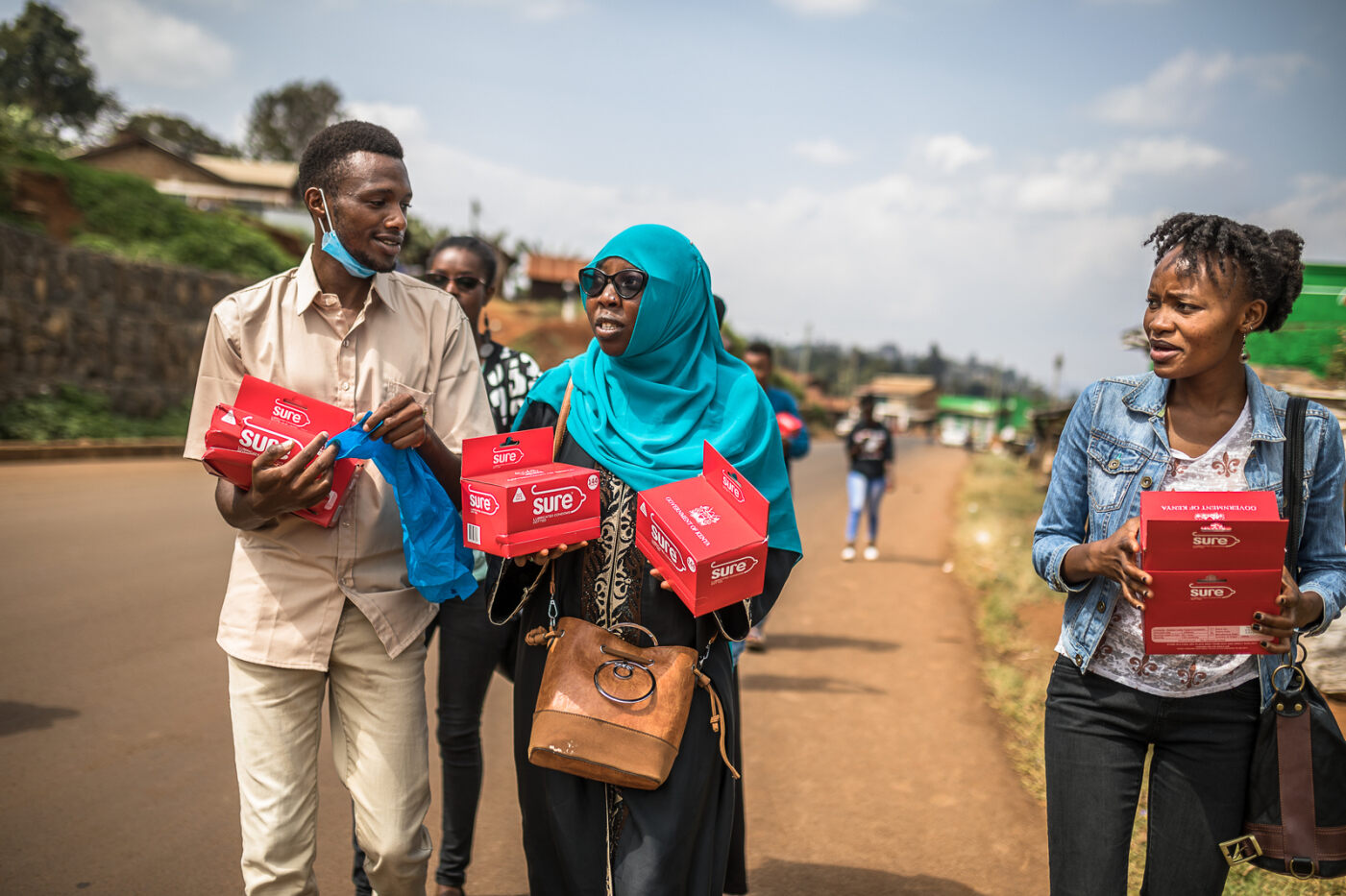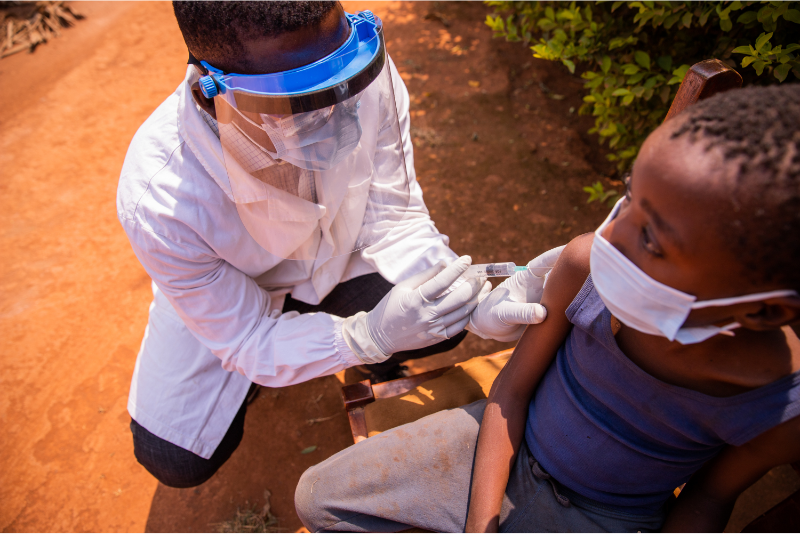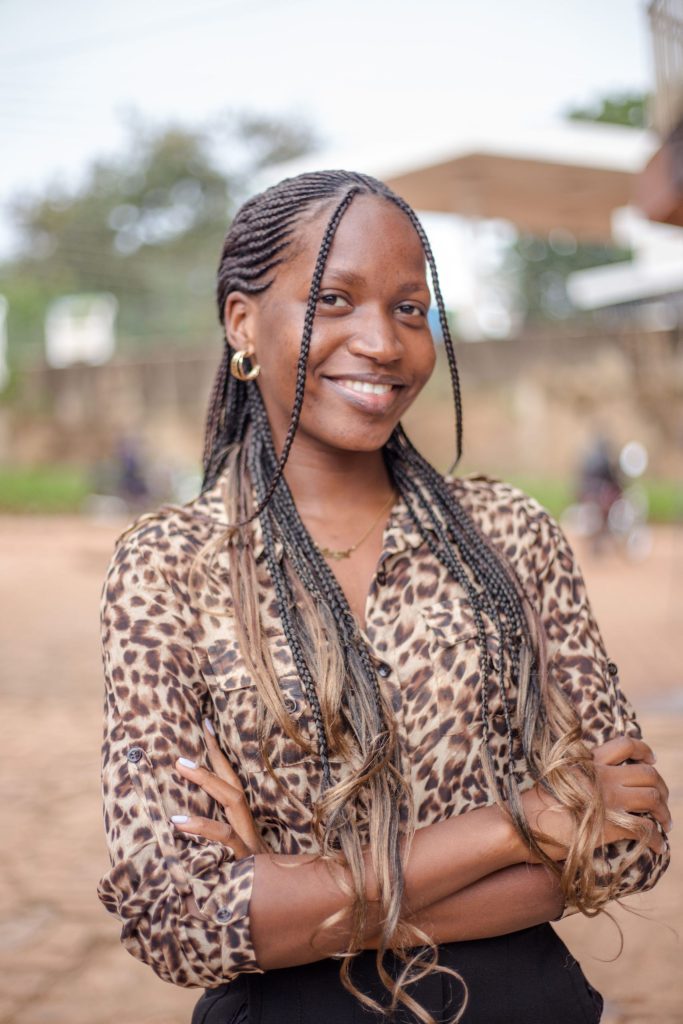

The Power of Option Protect the Right to Contraception Choice
Contraception empowers women and girls to have control over their reproductive health. It allows them to decide if and when to have children as well as the number and spacing of their children and ensures their reproductive autonomy and their right to make informed decisions about their bodies. Yet according to Kenya Demographic and Health Survey (KDHS) 2022, unmet need for Family Planning (percentage of sexually active women not using any method and who report not wanting another child or desire to delay birth) stands at 14% among women aged 15 – 49.
Individual and societal factors such as religious beliefs and cultural norms around women’s sexual health stand in the way of women’s agency when it comes to their sexuality. Economic hardships especially women’s lack of control over economic resources means that for many women, the decision to take up contraception is often a delicate balance as they have to decide between contraception and meeting basic needs. Further, structural barriers such as the unavailability of contraception options make it difficult for women and girls to choose a method that suits their needs.
These factors undermine the reproductive health rights of women and expose them to many risks including unintended pregnancies, unsafe abortions and poor maternal and child health.
This is why this year’s World Contraception Day theme, The Power of Options, is a call to action to different stakeholders, to ensure the availability and accessibility of multiple quality methods of contraception to enable women to choose the one that best fits their needs.
The right to reproductive health care is guaranteed under article 43 of the Constitution of Kenya. The government has put in place a raft of measures including policy frameworks that will ensure realization of this right. In addition, under the FP 2030 global movement for advancing Family Planning, the government commits to increase mCPR rate for married women from 58% to 64% and reduce the unmet need for family planning for all women from 14% to 10% by 2030. It also commits to reduce pregnancy among adolescent girls (15- 19yrs) from 14% to 10% by 2025 by, among other things, ensuring equitable access to FP information and services, broadening access and choice of FP to the last mile and expanding access to youth friendly services for adolescents and young people. This also includes improving existing service provision channels for accurate information and services on a wide range of contraceptive methods that respond to the diverse needs of adolescents in line with existing laws.
Majority of Kenyan women access reproductive healthcare services from public health facilities, with 96 percent of government owned healthcare facilities, offering modern methods of family planning, according to the Kenya Service Provision Assessment Survey 2010. And with the commitment and advances Kenya has made in achieving Universal Health Coverage, it is important that these services continue to be offered affordably. Already, the World Health Organization and the World Bank in their recently published, 2023 Universal Health Coverage (UHC) Global Monitoring Report, have raised concerns that the progress towards UHC have stagnated since 2015, and more people are spending catastrophic levels of out-of-pocket funds for health care.
While various stakeholders are supporting efforts to ensure that contraception services and products are available at different levels and to secure the gains the country has made as reported in the KDHS 2022, increasing domestic resource investments for family planning by county governments is an urgent first step to ensuring contraceptive choice and access for women and girls especially those in marginalized and hard to reach areas including vulnerable groups such as young people.
This must be accompanied by favourable policies and provision of accurate information about contraception, reproductive health, and healthy relationships; provision of reproductive health that is readily accessible to all individuals regardless of their location, income, or insurance status; and funding of reproductive health, especially contraception.
This article was written by Ms Evelyn Samba, Kenya country director at DSW.
Young people distribute condoms to the community in Meru, Kenya.
Photos: © Brian Otieno/DSW



Comments